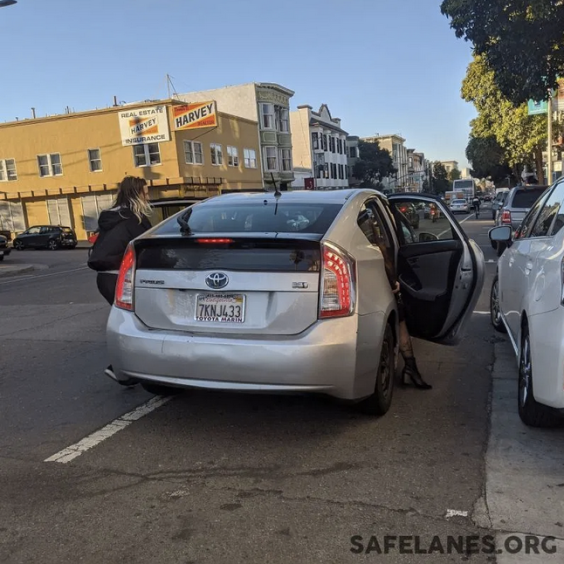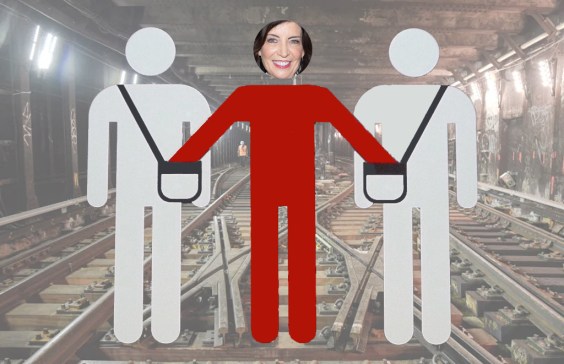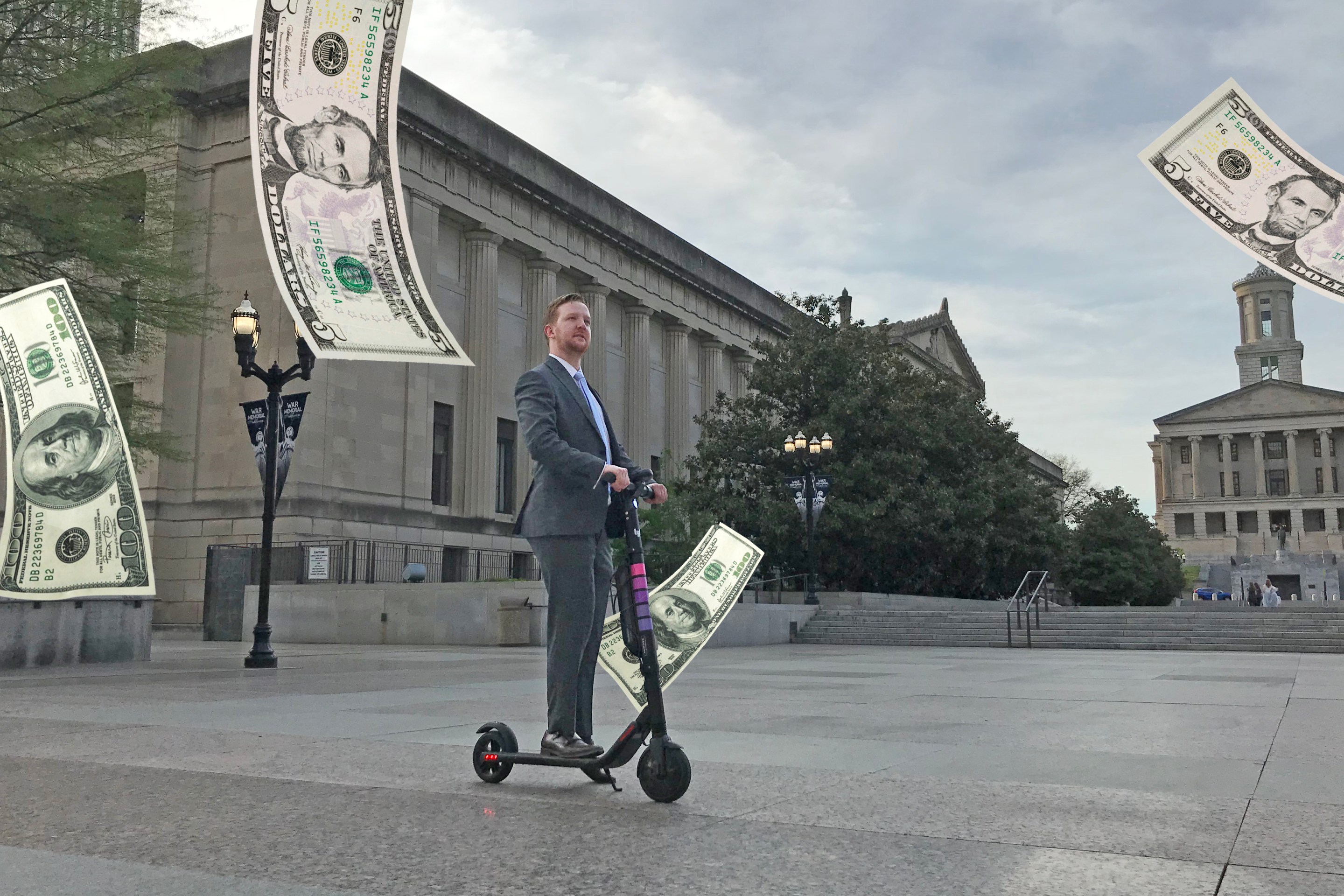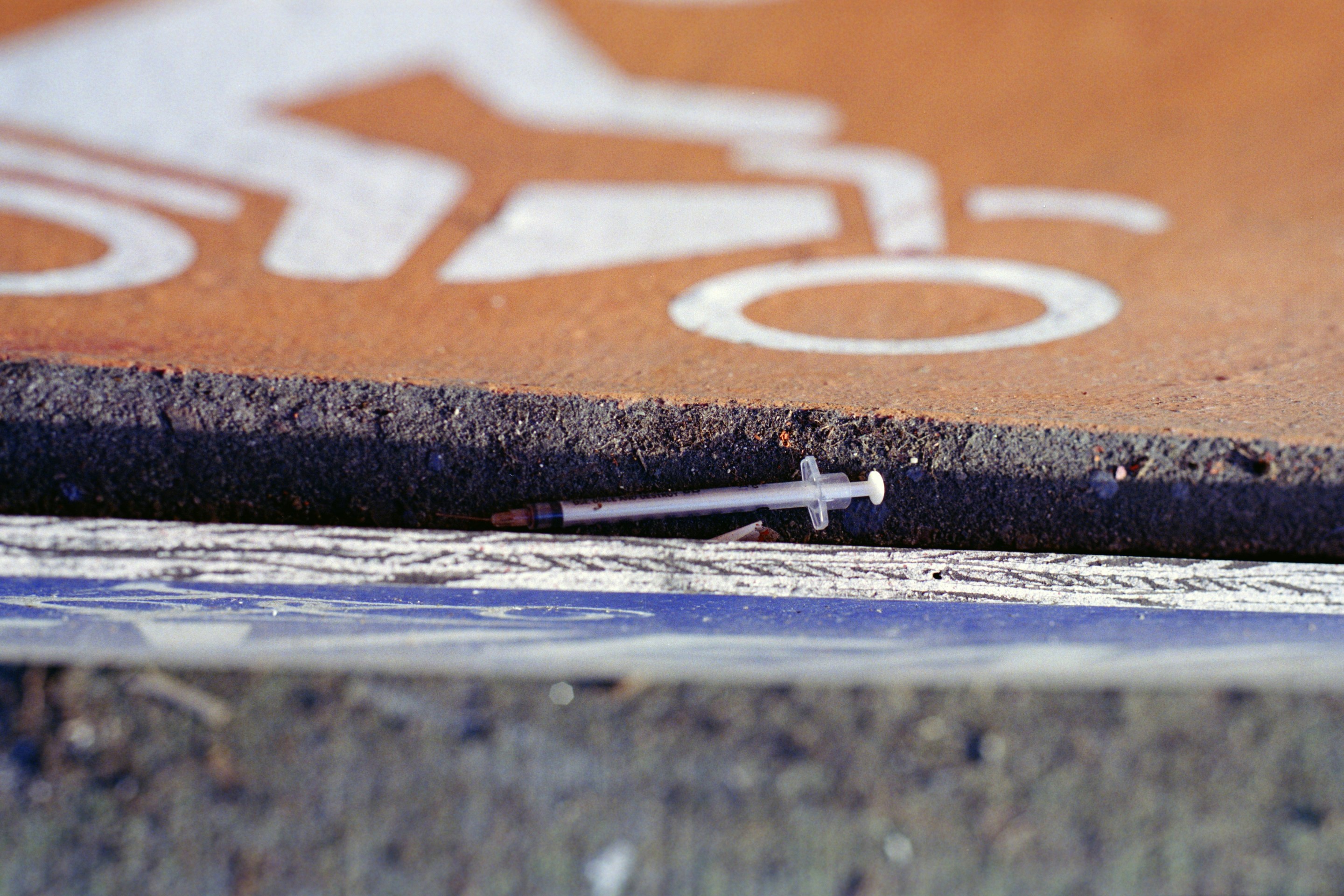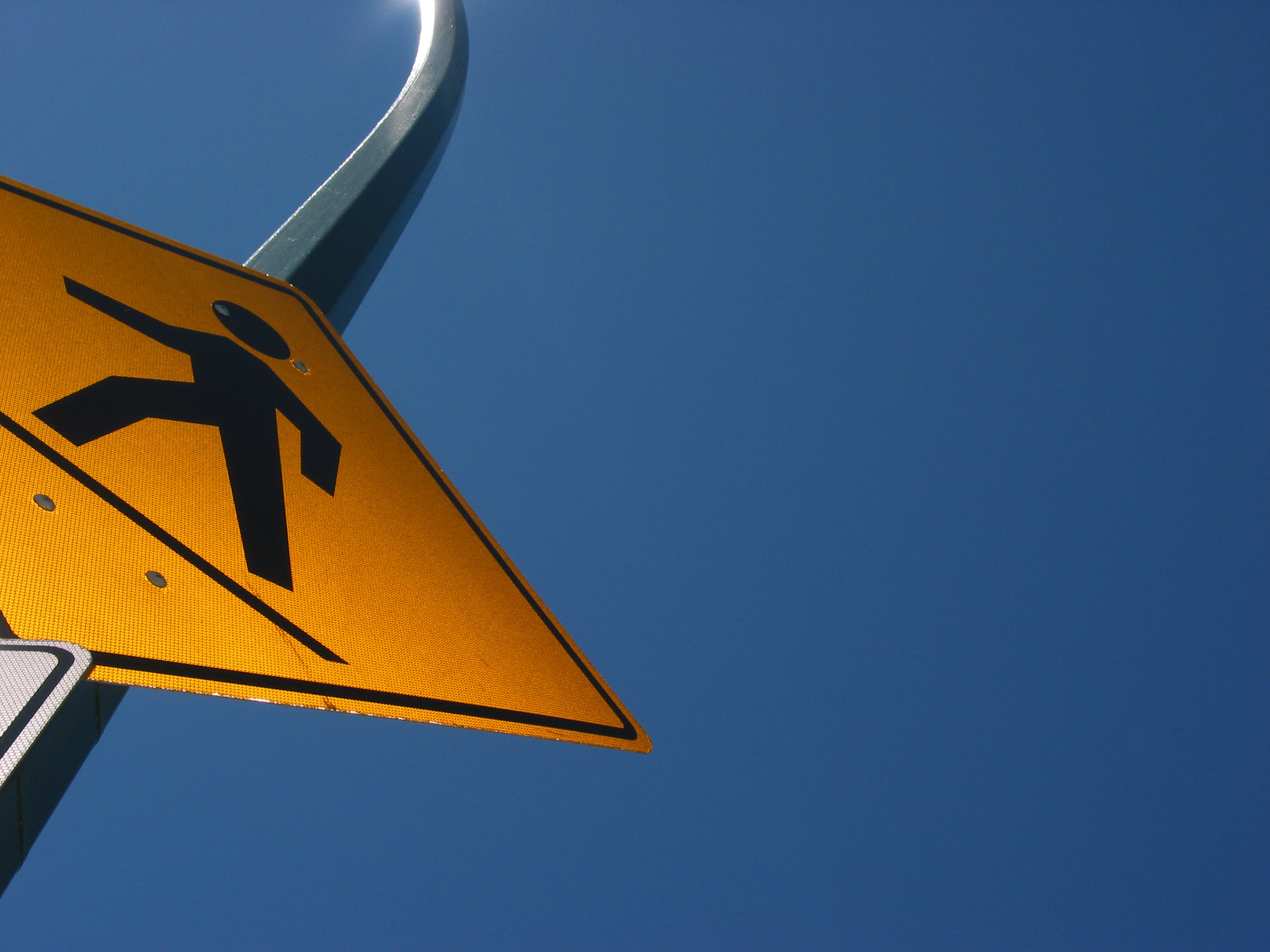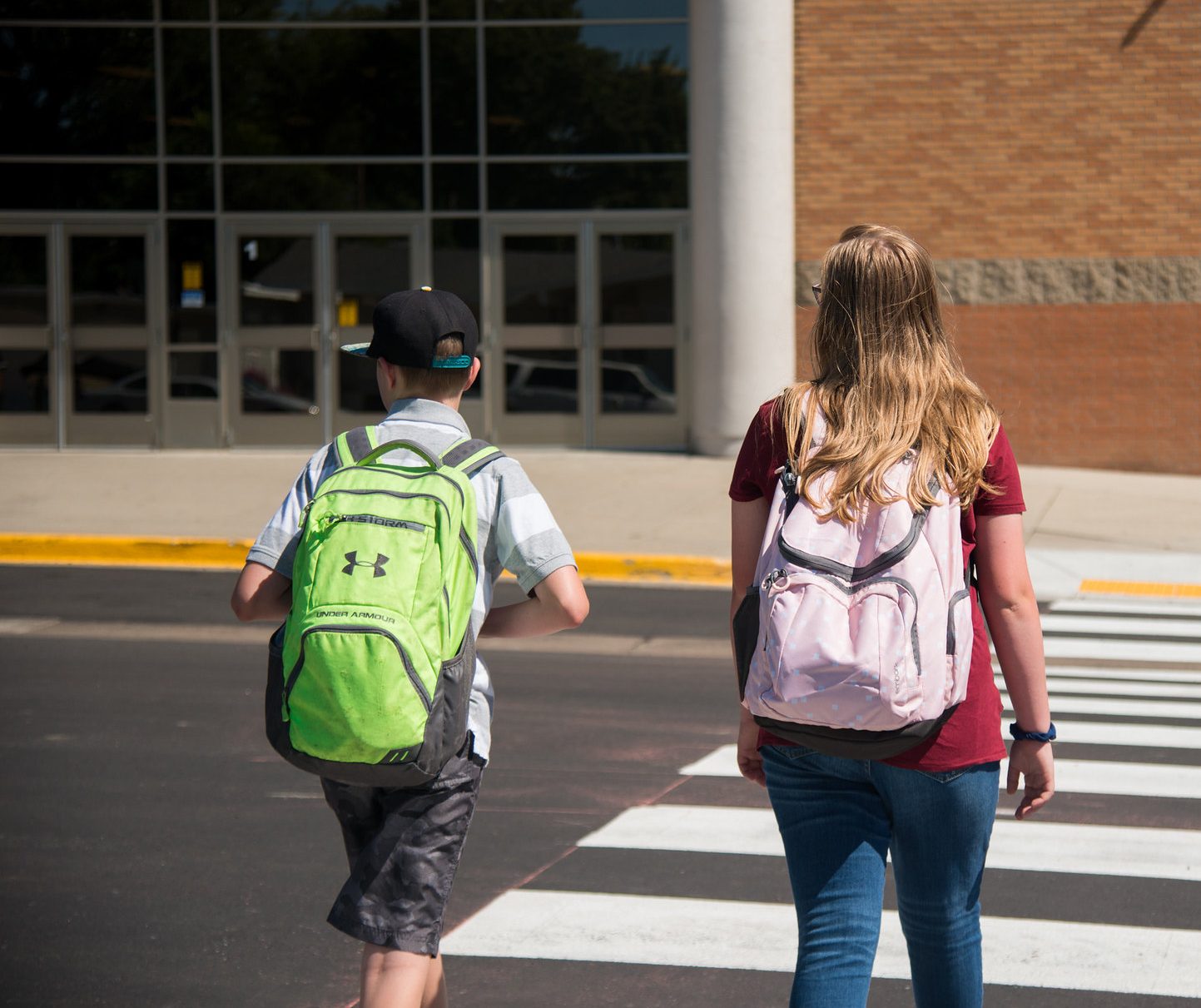Studies & Reports
Car Dependency is a Public Health Threat — But Americans are Too ‘Car Brained’ To See It
Whether you call it "windshield bias" or "motonormativity," Americans have a serious bias towards automobiles — and they're all too willing to accept car dependency's many downsides.
Report: Half of Uber, Lyft Trips Replace More Sustainable Options
\Researchers at UC Davis have found that more than half of ride-hail trips in California replace walking, biking, carpooling, and public transit trips, or are trips that otherwise wouldn't happen. They have ideas to make it more sustainable.
Report: Nothing Besides Congestion Pricing Raises Money, Reduces Traffic and Improves the Air
Central business district tolling remains the only policy idea that can do it all, a new report from the MTA's in-house rider advocacy organization shows.
Report: Cities are Undermining Sustainable Mobility with Fees and Taxes
Why is it so much more expensive to unlock a scooter than it is to just jump in the car?
Study: When Speed Limits Rise on Interstates, So Do Crash Hot Spots on Nearby Roads
Rising interstate speeds don't just make roads deadlier for people who drive on them — and local decision makers need to be prepared.
Study: Fentanyl Use Rising on the Roads — But No One Knows How Much
Fentanyl-linked car crashes seem to be increasing — but testing isn't, and neither are solutions.
Why So Many U.S. Drivers Think Speeding Is Perfectly Safe
Do Americans hit lethal speeds because they're in a rush, or because they have no idea that they're increasing their chances of death with every tick of the odometer?
Report: Americans Are Walking Less As Pedestrian Deaths Rise
America's walking rates took a nosedive during the pandemic — and they still haven't recovered.
Anti-Fat Bias Harms the Movement for Safe Streets — Particularly for Kids
Why are we only focusing on calorie-burning when advocating for active transport to school? Because of bad research.
Study: Remote Work Isn’t Always A Cure for America’s Driving Addiction
A lot of Americans traded long commutes for short errands during the pandemic — but whether that swap resulted in more or less driving is a consequence of policy choices.

